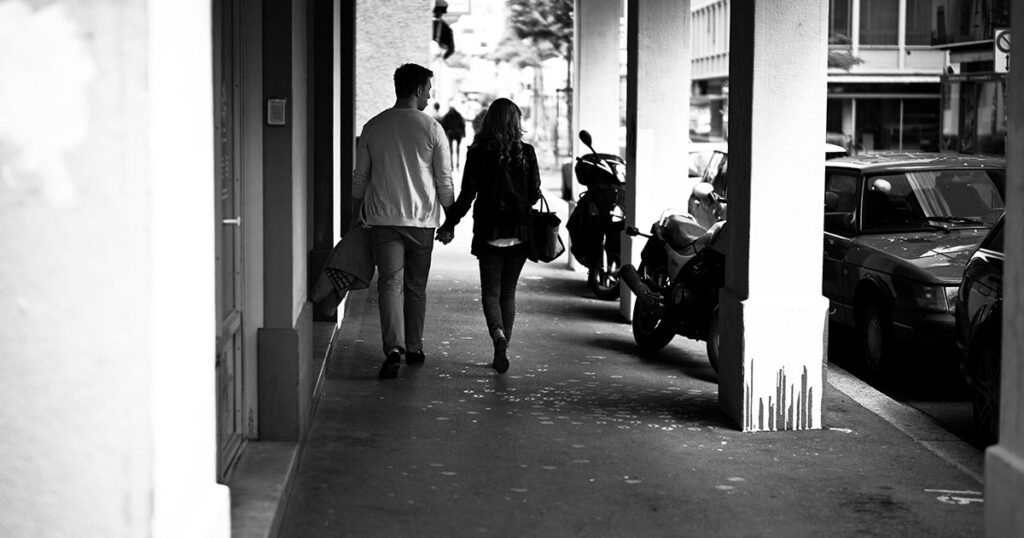
Russell Banks writes that if you are destined to have a not very interesting life, the next best thing for a writer is to have a big family—so as to observe humanity from up close. I have not had the adventurous life or the big family, but I have had in my later adulthood a lot of students to learn from. Just yesterday (as James Taylor sings in “Fire and Rain”), I was in my class of three adult learners, making the fourth participant for a pair-work exercise. I didn’t choose to work with the new student, a young woman of 19, very pale of complexion and round of face, with wide-set, half-open eyes, like a Madonna. Or the 30-year-old metalworker, sitting next to her, who asks me carefully formulated questions, putting his hand across his chest and rocking forward while mentally placing the words to use in sequence. I told these two they could work together. Then I turned to the 32-year-old who had been my student for two years.
Despite the two years, I hardly knew him. But I knew enough to be interested. Recently, for example, he had piqued my curiosity by correcting me when I mentioned his work as a computer programmer. “I’m not a programmer,” he said. “I’m an engineer.” A straightforward statement, yet delivered with a precision that was wonderful. No censure of me, no embarrassment for him, no discomfort at pointing out my error, just correcting a mistake as you might in a grocery store. You said skim milk but you’ve grabbed two percent. With his career, I had grabbed two percent but proclaimed skim. “You’re with me,” I said as I moved into the empty seat beside him.
After completing the exercise, I reported back to the other two students what I had learned, just as they would do in turn. “Adán’s partner …” I began, but Adán stopped me. From his seat he waggled his head from one side to the other and said, “No, girlfriend.”
That was the word he had used—girlfriend—in talking to me, but I had judged partner to be more appropriate, since I knew they lived together. I was about to acquiesce, but he added, “After seven years …” and again he wobbled his head. I practically heard the words contained in the gesture: I mean, we’re way beyond just girlfriend and boyfriend. I jumped back in. “Partner is more than girlfriend.” He made a surprised face, then said, “Oh?”
“Yes.”
He thought. “Like pareja in Spanish?” he asked, and I agreed. Pareja means pair or couple but can name either the twosome or just one element of it. It’s a useful, flexible word. My student was nodding. An engineer, precise, careful. He’d have all the pieces gathered at the workstation, whether that place is a screen, a table, or his own well-ordered mind. And here he’d found a new piece that would come in handy. His face was mobile, but his torso had not shifted an inch. The metalworker, in contrast, with his strong, lithe body, practically leaned into the sentences he was struggling with, forcing them into shape. The new student seemed preternaturally calm, plucking a few words from the ones falling around her. Fascinating. All this just yesterday. Yesterday, so full of meaning and life. But I would never trade all my tomorrows for a single yesterday, as Kris Kristofferson sings in “Me and Bobby McGee.” All of those tomorrows are those yesterdays. Jump in at any point to look down the line into the past or ahead into the future. “An interesting life? That’s easy,” I want to reply to Banks. “That’s any life at all.”

